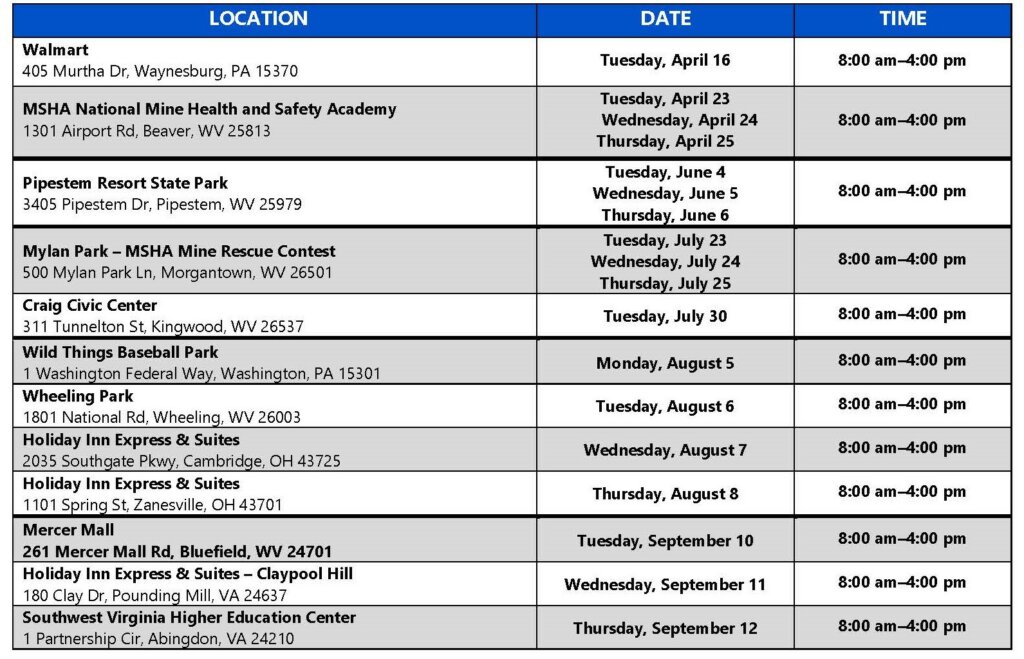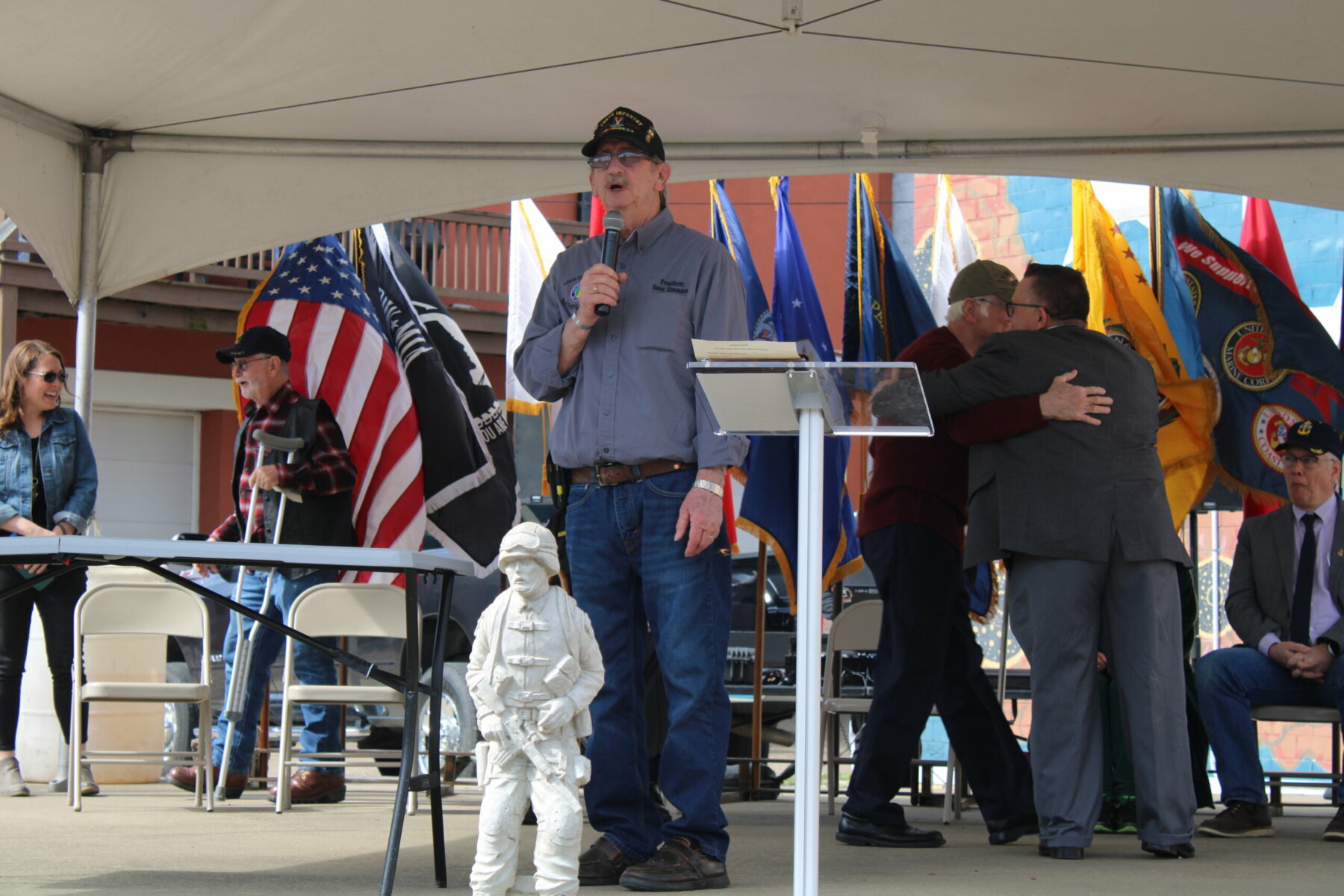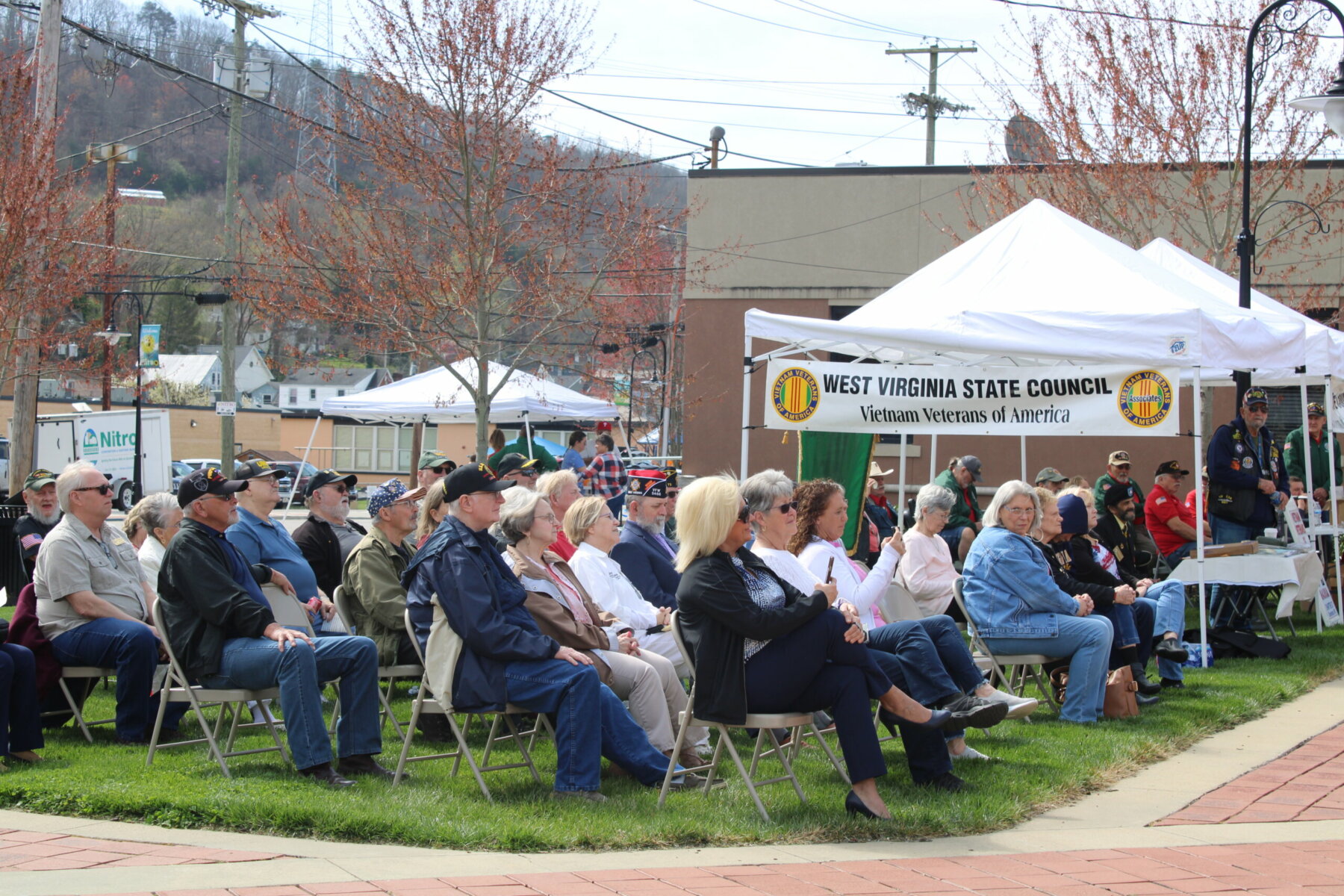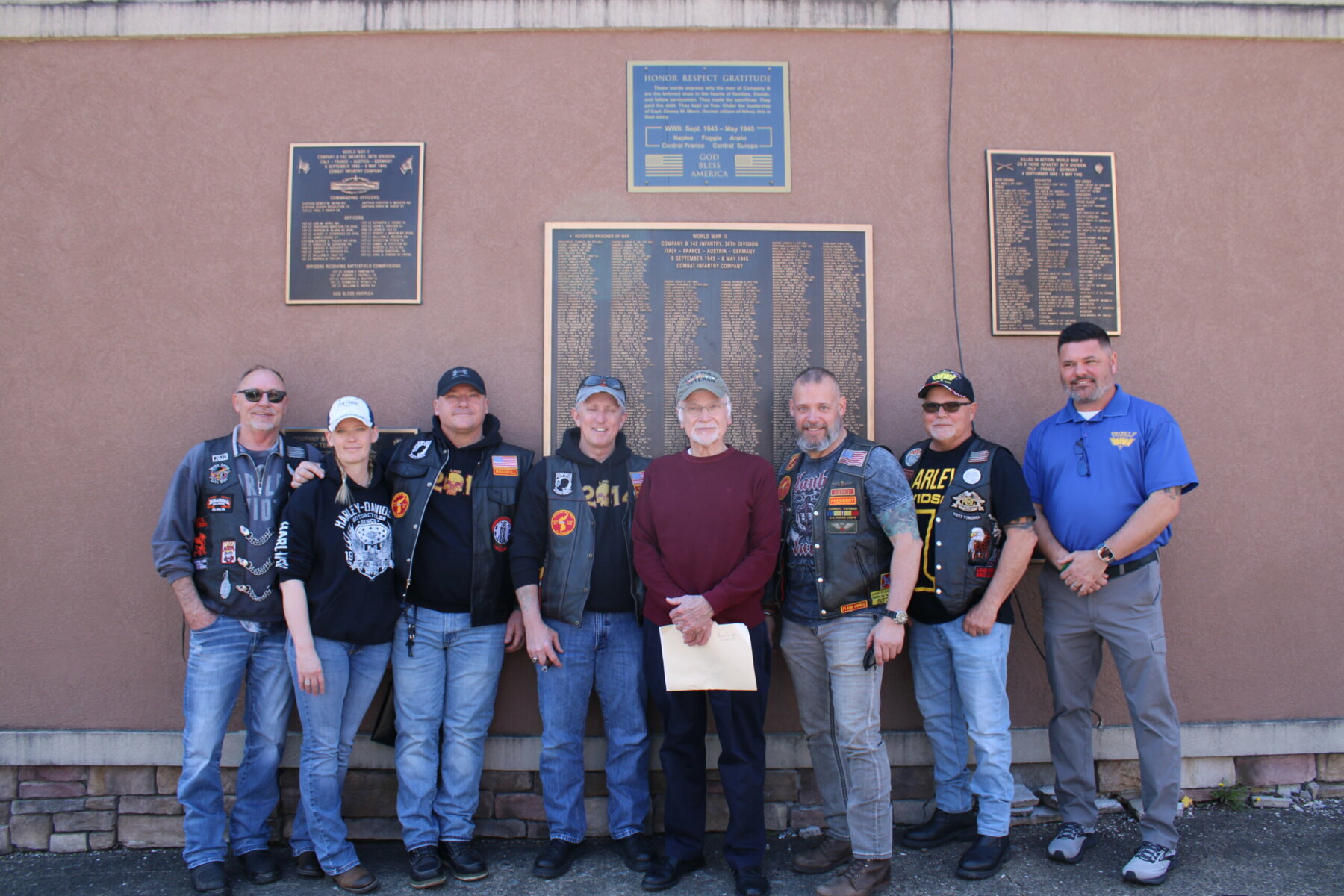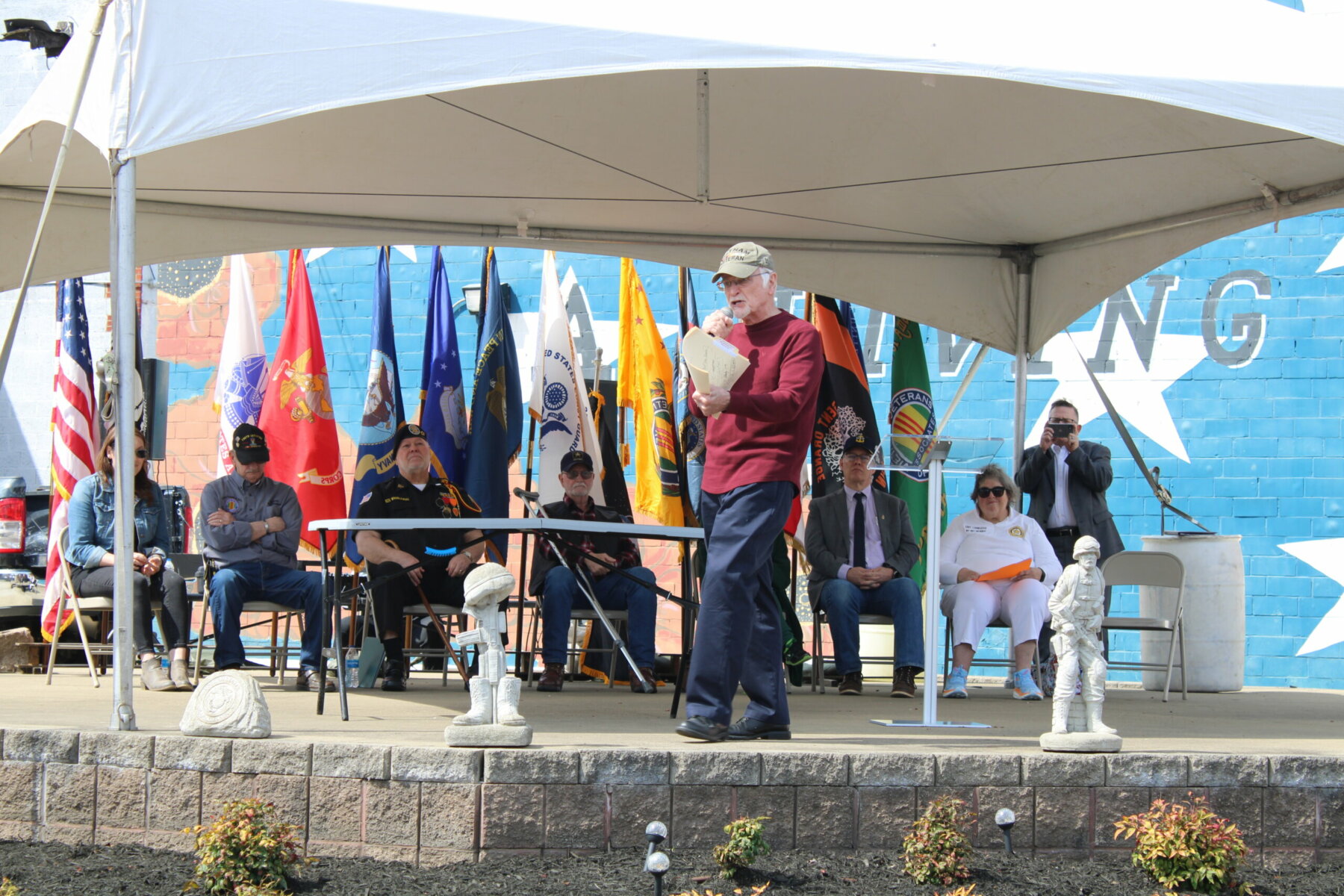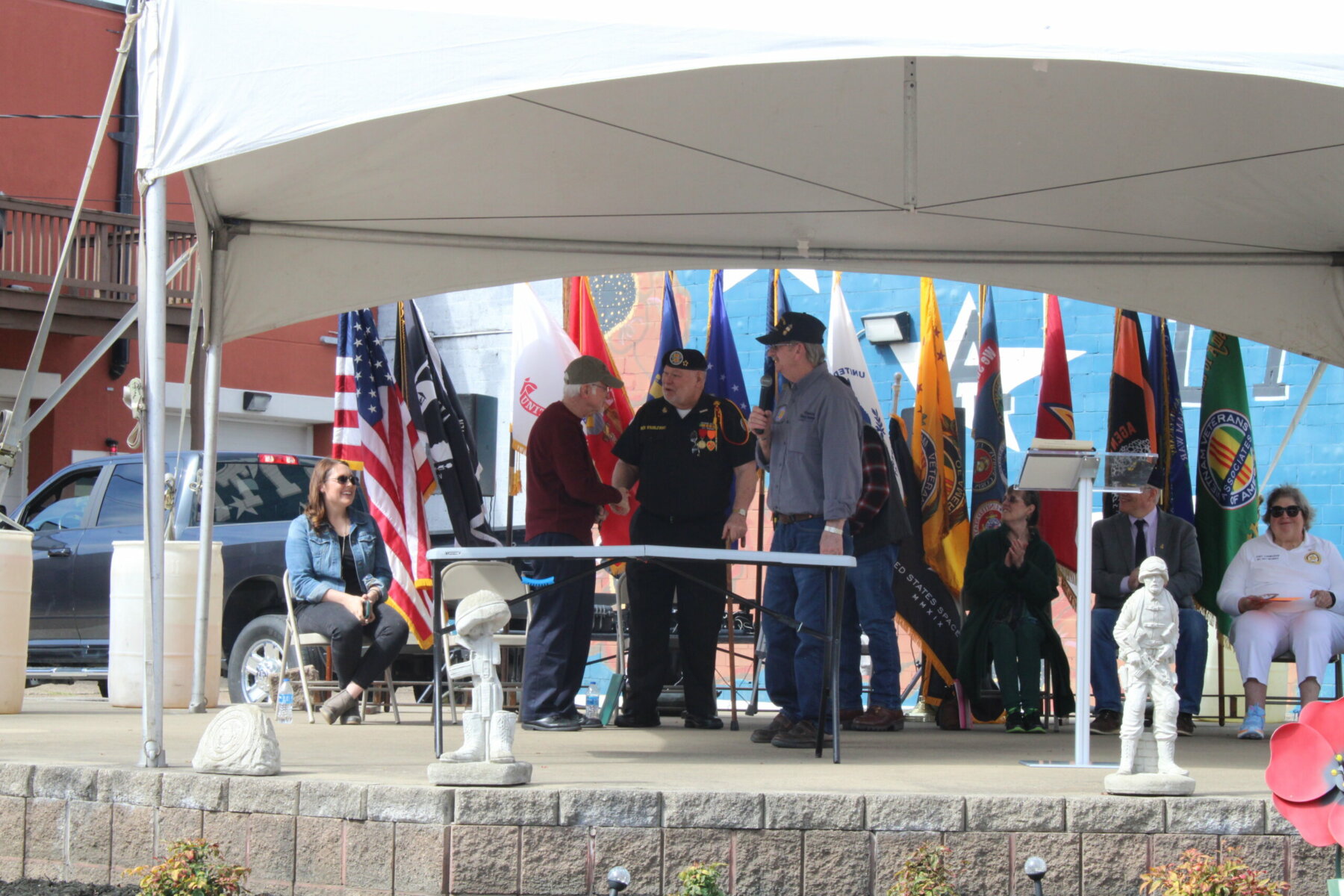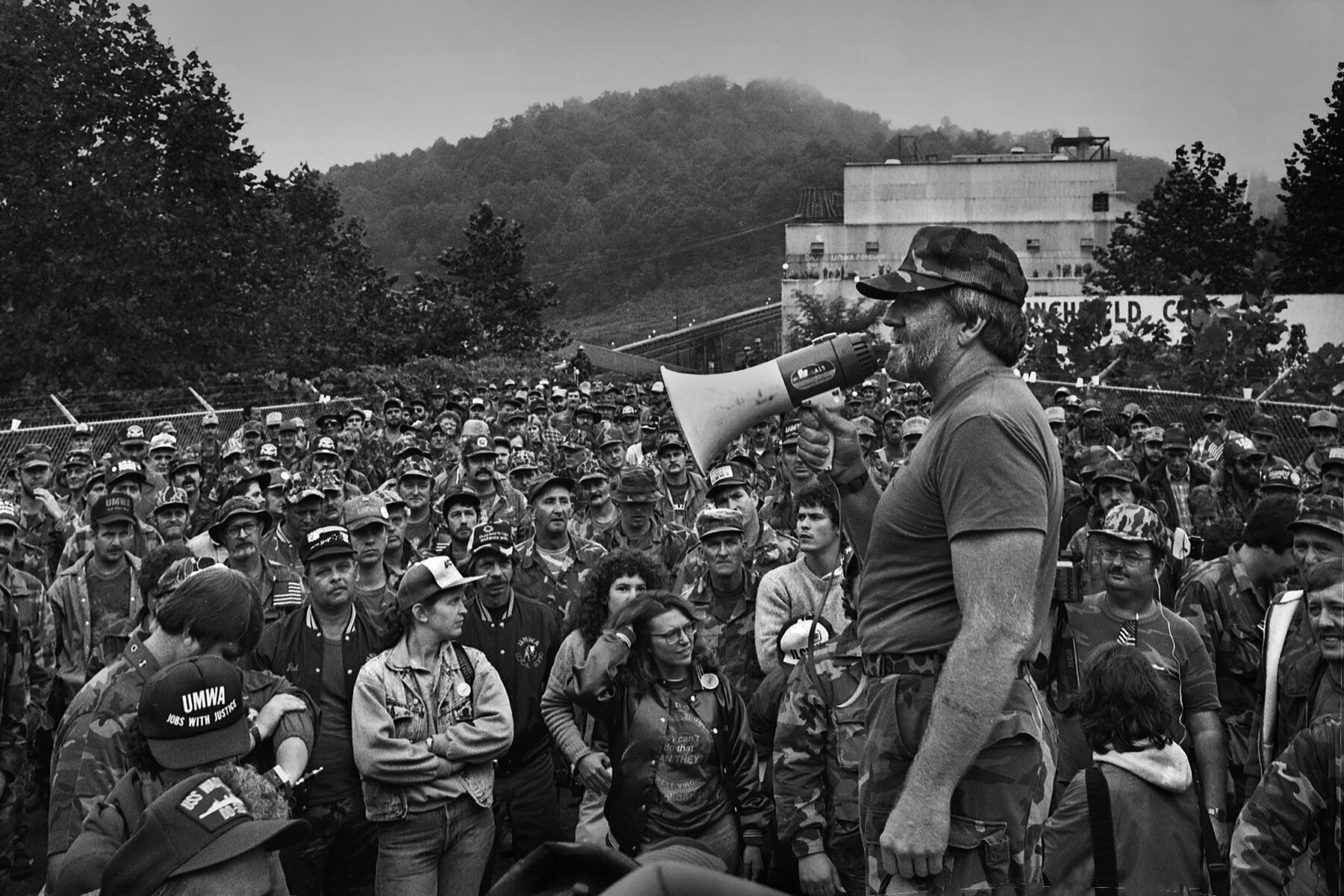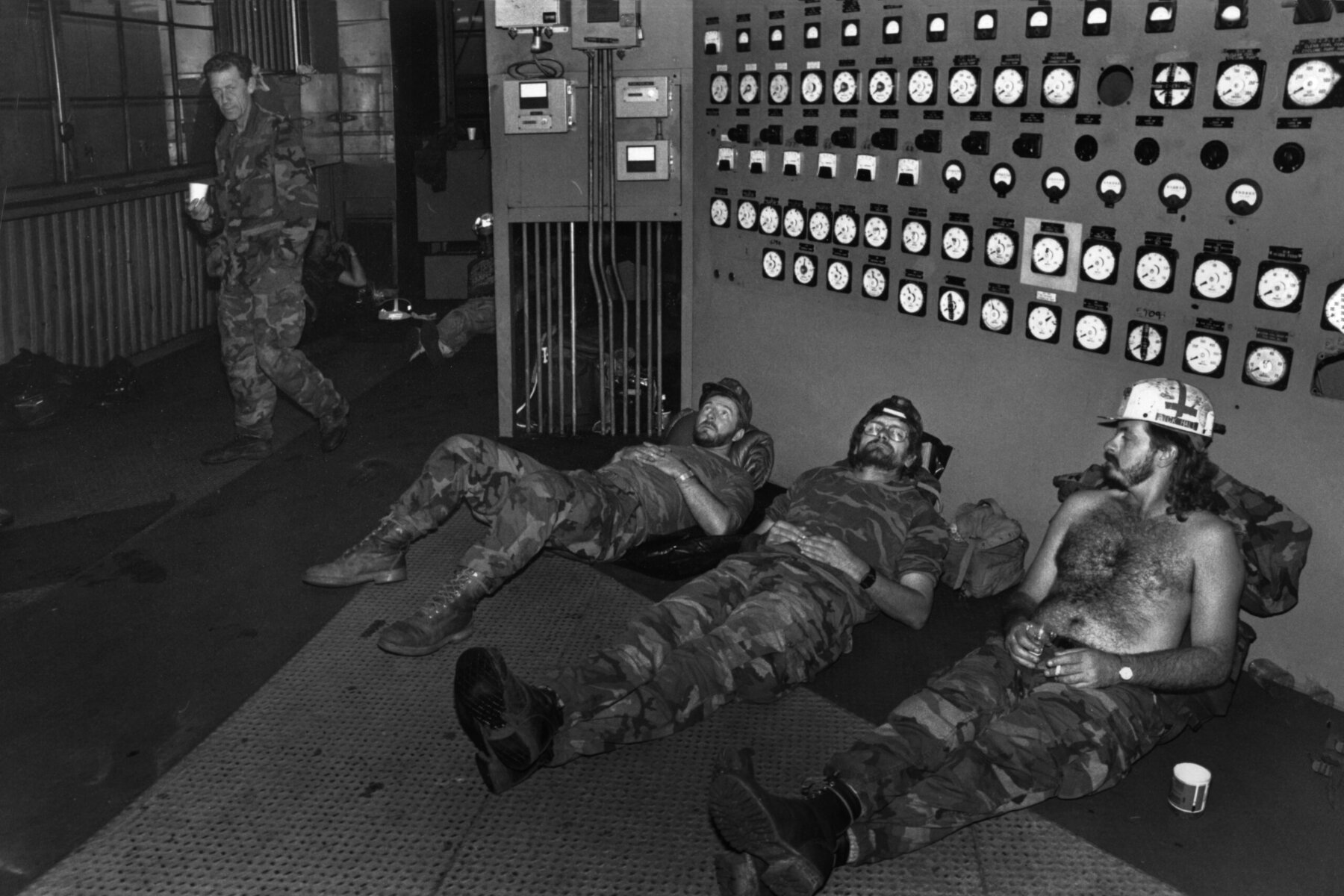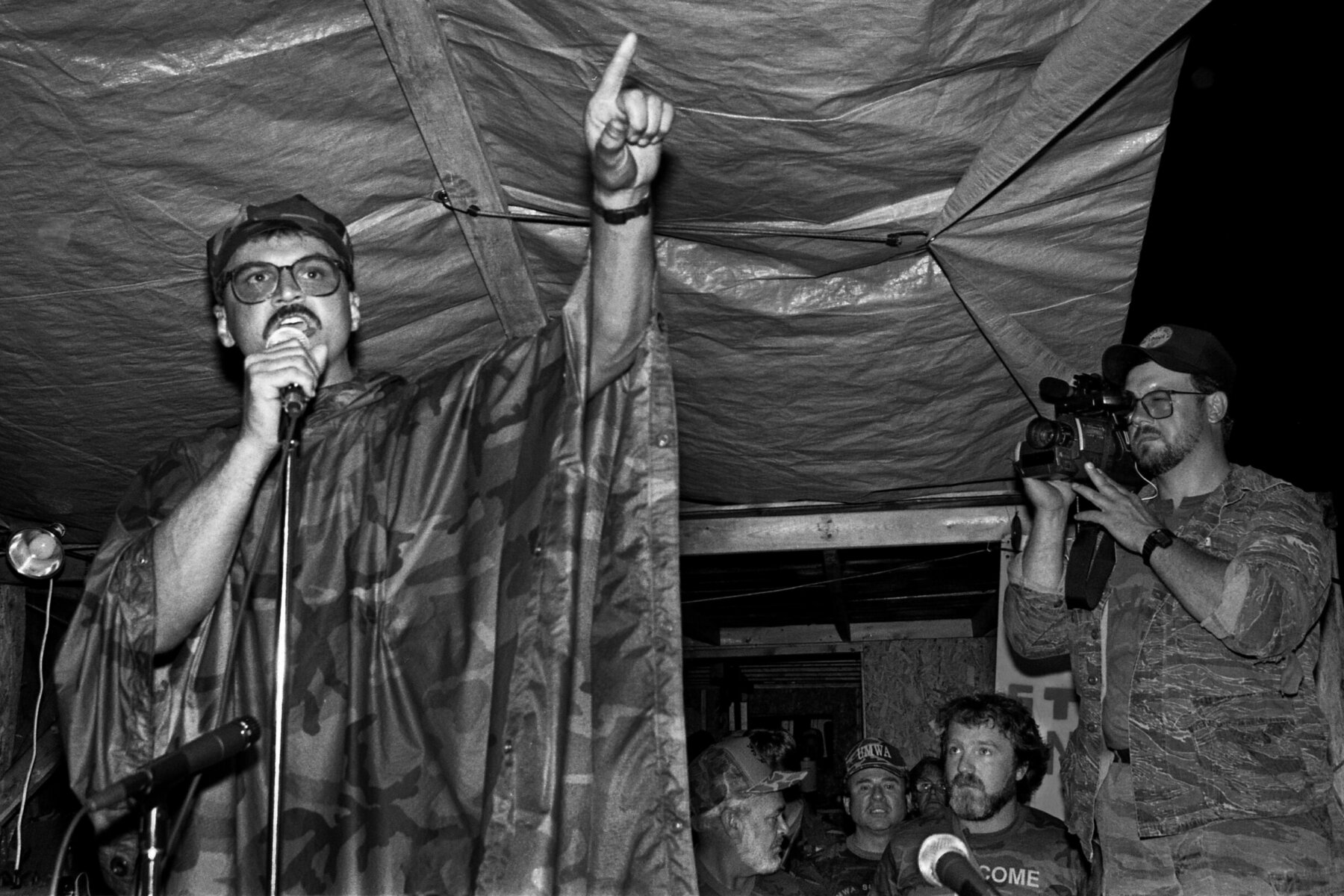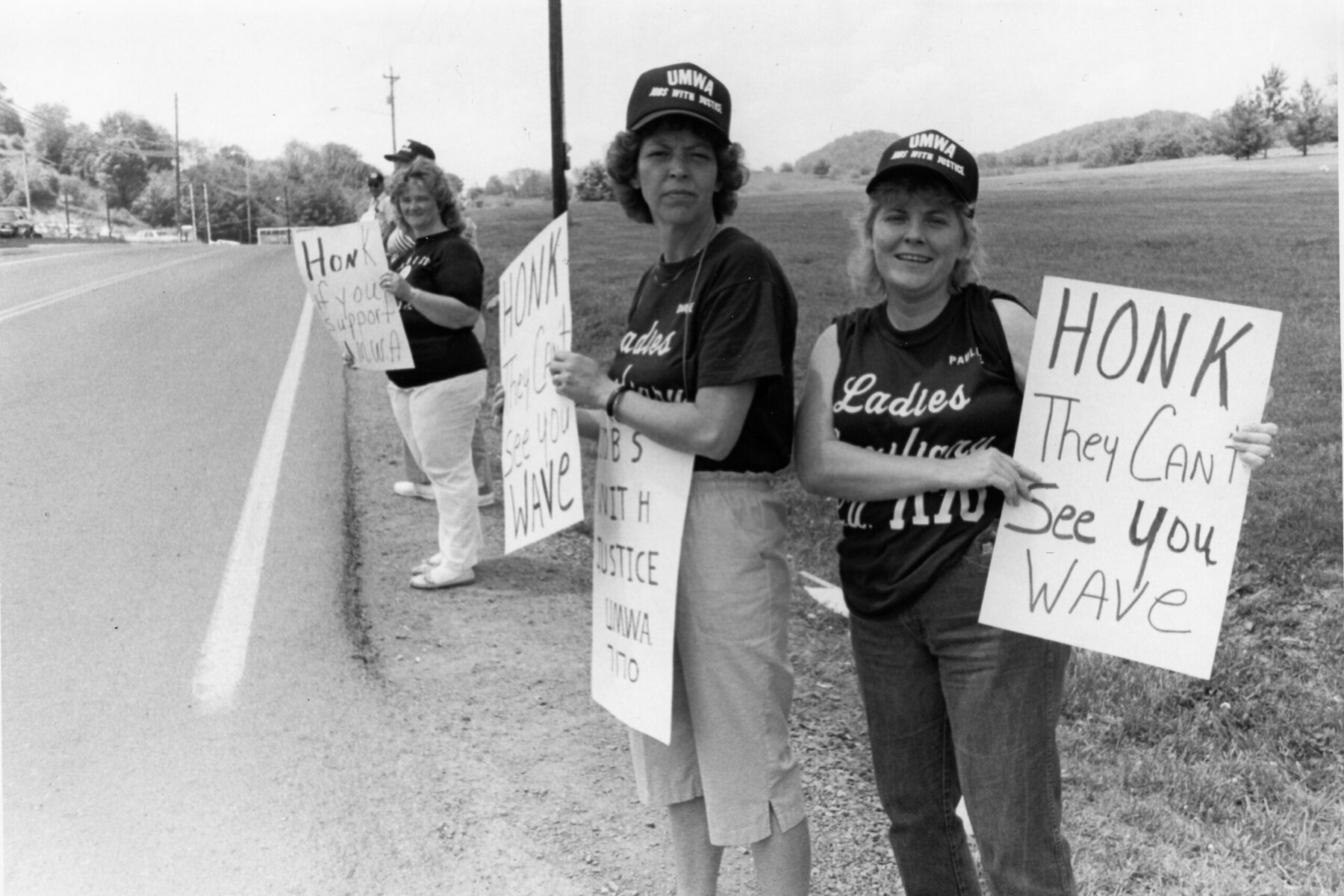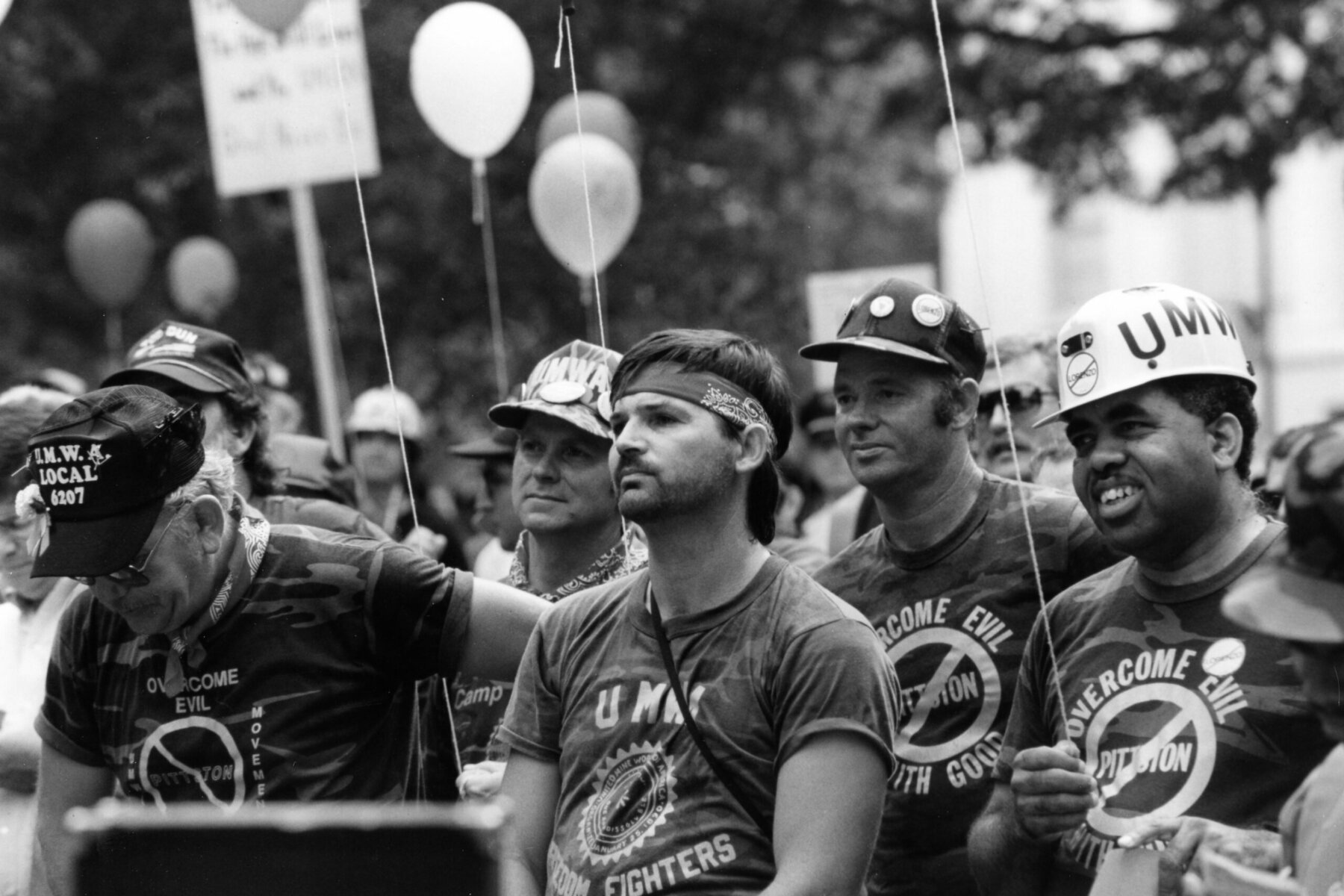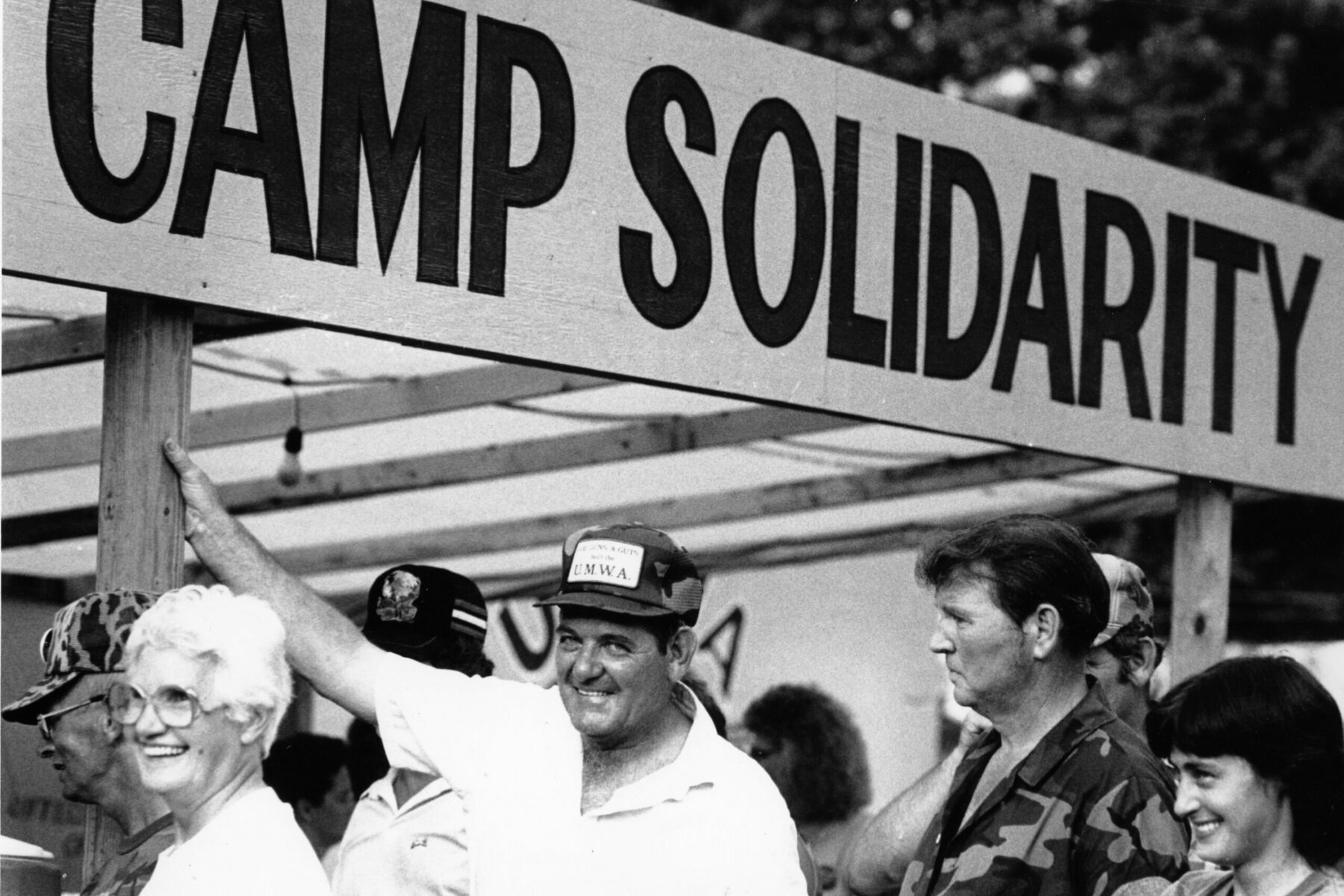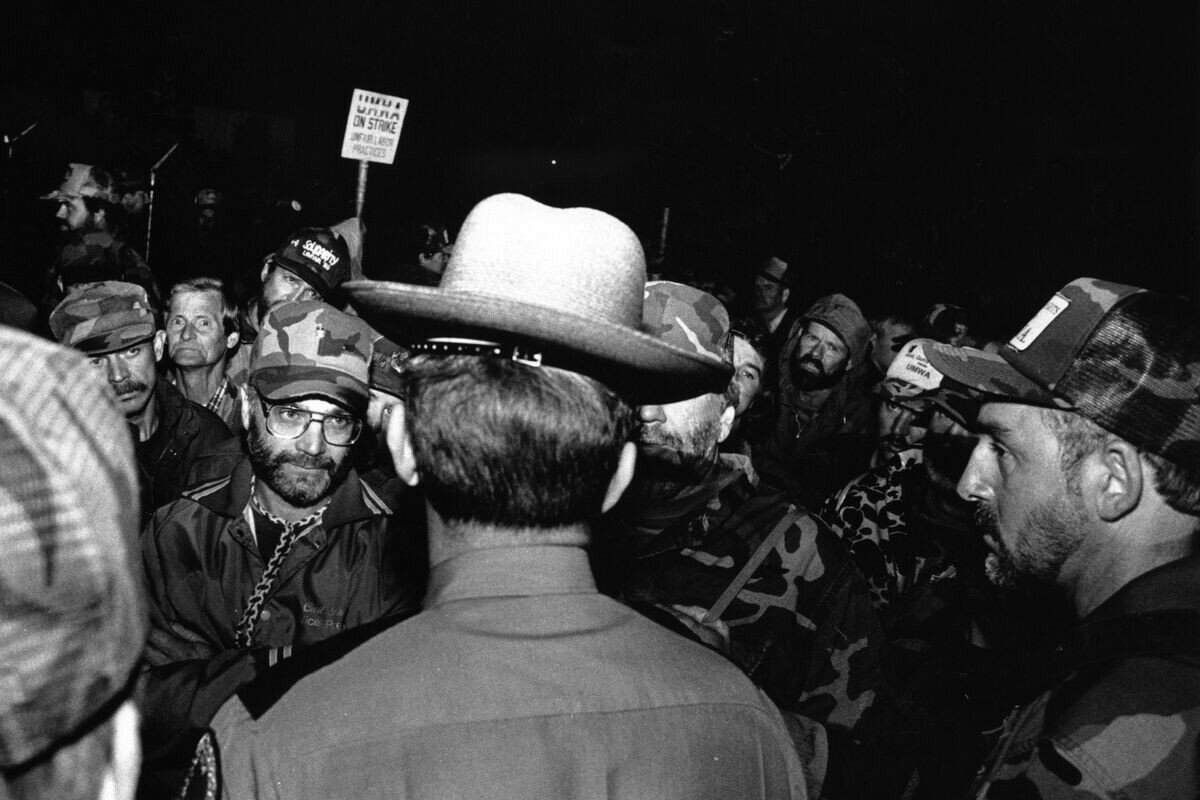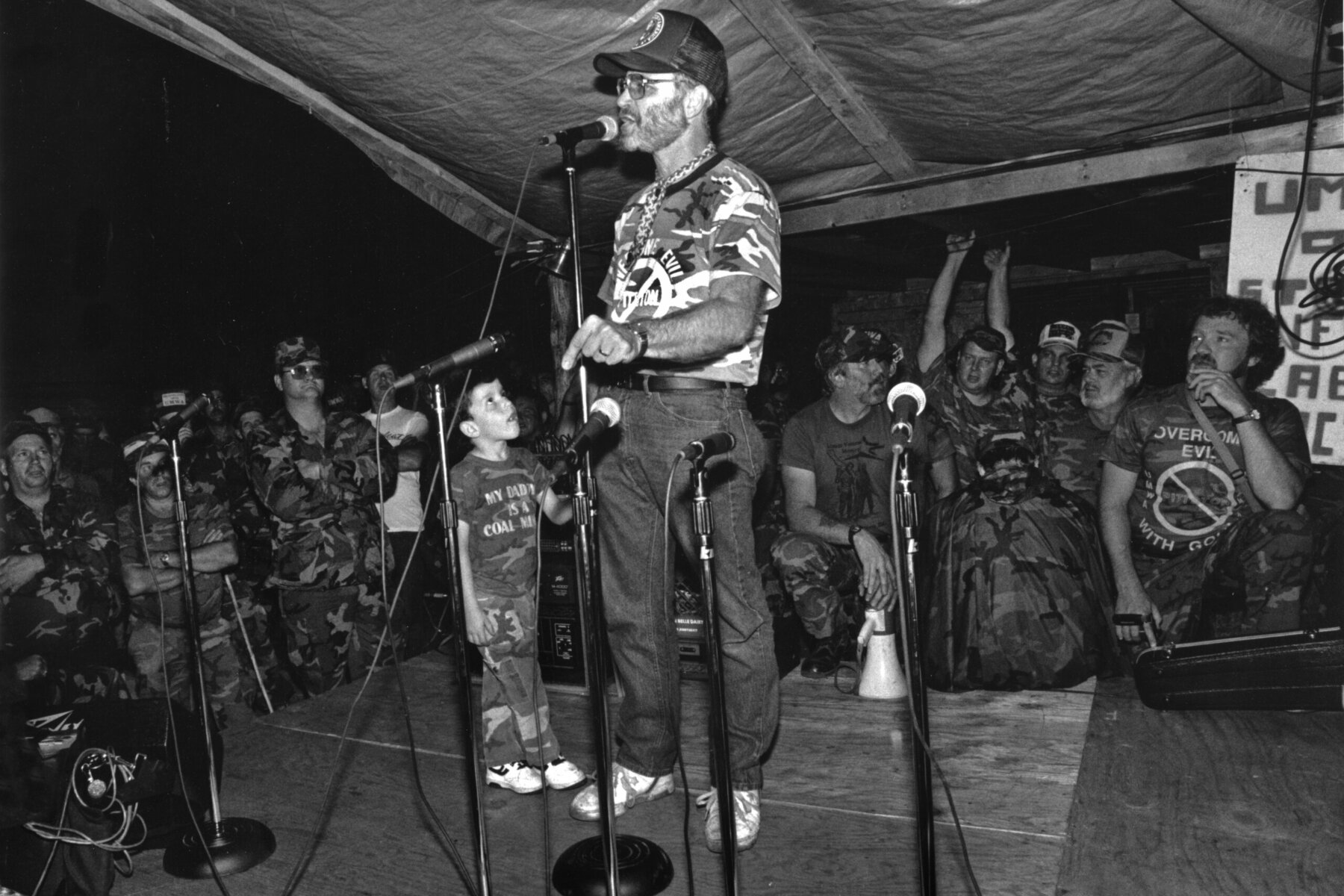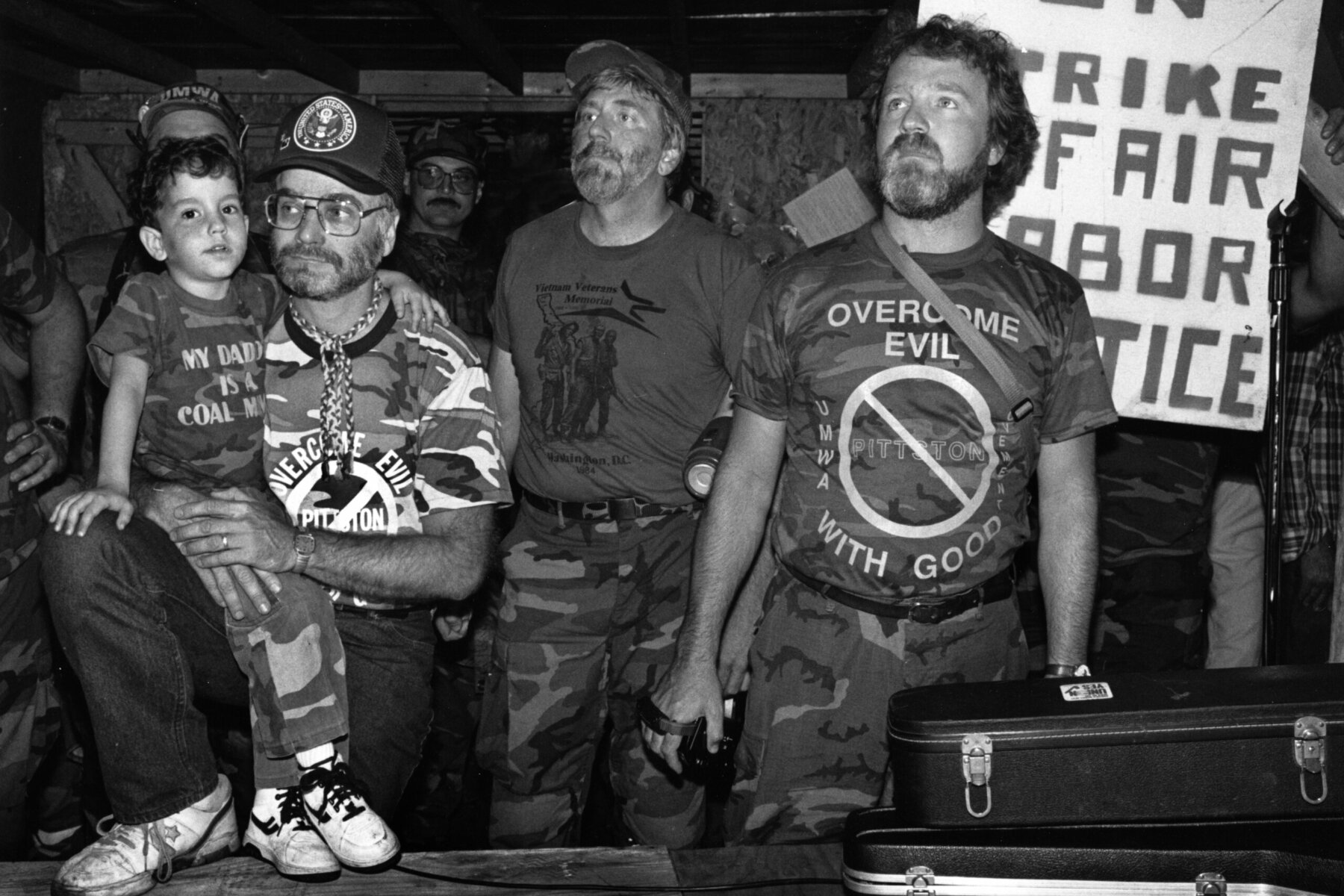Archives: News
This is for all News Pages
Members Only – UMWA Strikes Deal with Somerset County Commissioners
Union Savings: Telus – Special Offer!
Special offer for Union Savings members!
Win the latest Samsung tech!
Be 1 of 4 lucky winners of a Samsung Galaxy Watch 7!

Enter to win – Contest ends April 30, 2025.
Union Savings has partnered with TELUS to set you up with incredible savings.
Associate Membership Spotlight

Phylis Mooney
Sister Mooney’s commitment to the United Mine Workers of America (UMWA) spans over a decade, making her a steadfast and dedicated Associate Member. Her invaluable contributions to the union are rooted in her extensive service as the retired International District 17 Secretary, where she served for many years at the Chapmanville Office. This wealth of experience underscores her deep understanding of the union’s intricacies and her unwavering dedication to its mission.
“Phyllis truly cares about the UMWA and the members,” said International District 17 Vice President Brian Lacy. “Even in times of facing serious medical issues in the past, Sister Phyllis attended as many UMWA and District 17 events as she possibly could. That is true dedication.” Her resilience and determination in the face of adversity showcase her true dedication to the union and its principles.
Sister Mooney is a true community stalwart. In her leisure time, she selflessly volunteers in District 17, contributing to the betterment of the community and strengthening the bonds within the union. Additionally, her involvement in her local church reflects her commitment to both spiritual and community well-being.
A unique aspect of Sister Mooney’s character is her creative and caring nature. Devoting her free time to knitting beautiful pieces, she extends her warmth and generosity to friends and family. This artistic expression not only showcases her talents but also adds a personal touch to the relationships she nurtures.
Sister Mooney emerges as a dedicated and multifaceted individual, embodying the spirit of service within the UMWA. Her extensive experience, resilience in the face of challenges, and active involvement in both union and community activities make her a revered figure. Sister Mooney’s story is one of true dedication, compassion, and a commitment to making a positive impact on those around her.
Black Lung Screenings in Your Area
Attention Coal Miners!
The National Institute for Occupational Safety and Health (NIOSH) will offer black lung screenings at no cost to you in your area. The screenings help to detect black lung disease and will be provided through our mobile testing unit. We encourage all coal miners (current, former, surface underground, and contract) to participate.
Screenings take approximately 30 minutes and include:
- A health questionnaire
- A chest X-ray
- Blood pressure screening
- A breathing test (spirometry)
By law, screening results are confidential. NIOSH will provide each coal miner with their results. We will send you your results through the mail approximately 8-10 weeks from your appointment.
Call 1-888-480-4042 or email cwhsp@cdc.gov to schedule an appointment. While walk-ins are welcome, we recommend scheduling your appointment to ensure a date and time that works best for you.
2024 CWHSP Black Lung Schedule Flyer
For questions or more information:
888-480-4042 | cwhsp@cdc.gov | NIOSH Facebook | @NIOSH Twitter
Members Only – UMWA Strikes Deal with Mingo County 911: Ensuring Support for Essential Workers
City of Nitro Holds Event to Honor Vietnam War Veterans
Source: WVMetroNews
March 31, 2024
NITRO, W.Va. — The West Virginia Chapter of the Vietnam Veterans of America honored U.S. military servicemen and women during an event Saturday in Nitro.
Cecil Roberts, international president of the United Mine Workers of America, was the keynote speaker. Roberts, a Vietnam War veteran, spoke about the importance of honoring veterans for serving their country.
“Those 58,000 plus soldiers on that wall, they died heroes and their families paid the ultimate sacrifice. We know there was a time where Vietnam vets weren’t treated the best but now, I think people are making a 100 percent effort here to rectify that,” Roberts said.
The city of Nitro is the home of the West Virginia Vietnam War Memorial, located in the nearby Nitro History & Wars Museum. Roberts said it’s appropriate to have the memorial in Nitro where veterans are respected.
“I think something like this memorial needs to be here because the people in this city want it here. They will honor it, they will protect it and they will see that it’s taken care of,” he said.
The event featured several speakers throughout the day. Representatives from the West Virginia Veterans Administration were also on hand to answer eligibility and benefit questions from veterans attending the event.
Roberts shared a personal story from his family.
“One of my favorite pictures in our family is a picture of my dad, his brother Arnold, and his brother Willard in their Navy uniforms going off to World War II hanging in what used to be my mother’s home, which is now my sister’s home,” he said. “That’s a picture I’m so proud of.”
Saturday’s event took place in the Nitro Living Memorial Park.
Members Only – UMWA Secures Agreement with Oakland and Center Townships
UMWA Joins Fight Against Landfill
March 12, 2024
Source: Lebanon News
UMWA joins fight against landfill
In recent months opponents of a proposed privately owned landfill have appeared at various government meetings wearing camouflage shirts. The shirts are designed similarly to those worn by union coal miners and their supporters during the 1989 strike against Pittston Coal Company.
Last week the symbolic link between the two efforts became literal as the United Mine Workers of America announced their opposition to Russell County Reclamation’s proposed landfill that would be placed at the old Moss 3 site.
“It has come to my attention that Russell County is considering the establishment of a landfill on the grounds of the old Moss 3 Mine,” said UMWA President Cecil E. Roberts. “For anyone acquainted with the profound history of the United Mine Workers, the Moss 3 Preparation Plant was a pivotal site in the Pittston Coal Strike of 1989. A strike, I believe, marked a turning point in the fight for workers’ rights in America.”
On April 5, 1989, union workers began a strike against Pittston to preserve their healthcare and retirement benefits. After five grueling months, contract talks were at a stalemate. That is when union officials made a massive gamble.
On September 17, 99 striking miners and one minister took over the Moss 3 Prep Plant. Outside, an estimated 1,300 miners and their supporters surrounded the plant.
“The Moss 3 Preparation Plant witnessed a four-day takeover by UMWA members during the strike, a bold move that galvanized the labor movement across the country,” Roberts explained.
“Local community members formed a human shield around the plant, demonstrating an unwavering commitment to the cause and embodying the spirit of solidarity. Just a short distance away was ‘Camp Solidarity,’ housing over 1,000 supporters who provided shelter and sustenance for strikers and visitors.”
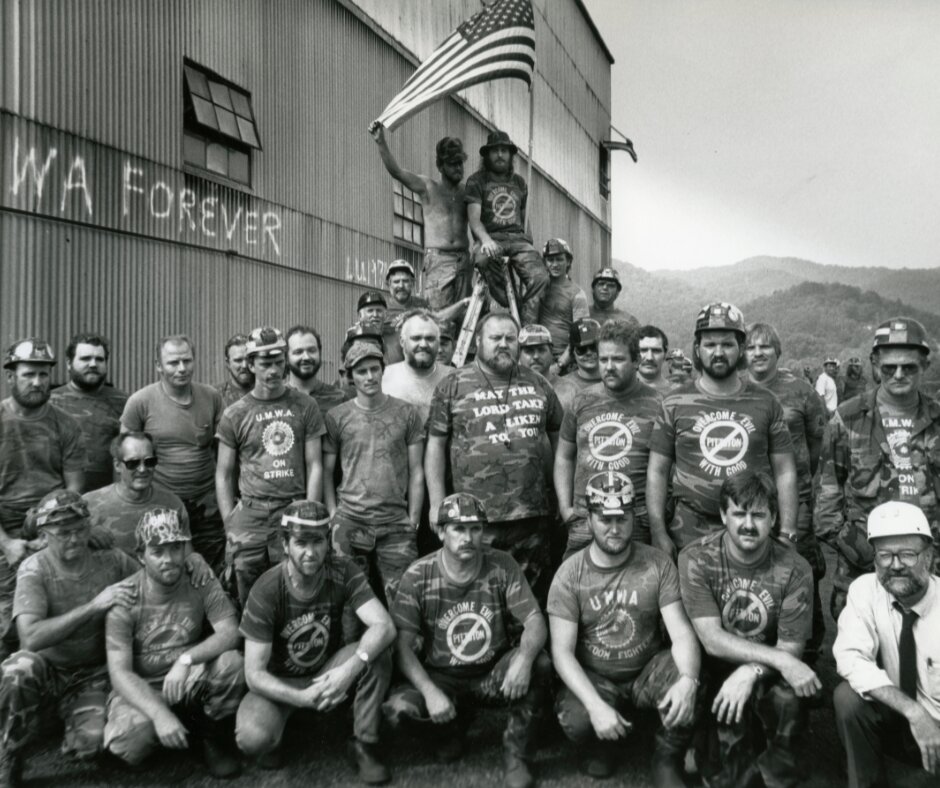
Roberts added, “The lessons of this historic strike, particularly the Moss 3 takeover, extend far beyond the borders of southwest Virginia. It is etched into the broader labor movement’s narrative, serving as an example of unity and resilience. This strike, marked by its length and the sheer magnitude of civil disobedience, set a modern template for protecting the rights of working families across the world.”
When local attorney Brandi Hurley learned where the proposed landfill would be placed, she saw it as an insult to the site’s legacy.
“When I found out this landfill would be going in the Moss 3 site, I immediately thought of the legacy of Mr. Cecil Roberts and Mr. Jackie Stump,” she said. “They battled immense odds to ensure healthcare and retirement benefits would continue for Southwest Virginia workers at this very site. Their battle led to national legislation guaranteeing coal workers healthcare and retirement benefits.”She added, “Placing a landfill on this site is a snub to not only those surviving workers but Russell County’s proud labor heritage.”
Hurley thought if union officials learned of the proposal, they would want to be a part of the effort to block the landfill. With the help of veterans of the Pittston strike, she made contact with the union.
Her assumption about the union’s reaction was correct.
“To even contemplate placing a landfill on this historic site is not only disrespectful to UMWA’s legacy and the labor movement but an outright travesty against the community that rallied during the strike to safeguard their families’ well-being,” Roberts said. “We adamantly oppose the Moss 3 Landfill, and we call upon every member of our community to stand firm in saying NO to this outrageous proposal. Join us in preserving the sanctity of our history and the legacy of those who fought tirelessly for workers’ rights.”
Dr. Amy Branson, one of the leading opponents of the landfill, welcomes the UMWA’s presence. “We are so thankful for the UMWA’s support in fighting the injustices in our community,” she said. “We look forward to working with them to stop this landfill project. It is not a done deal. In solidarity!”
Written by: Shawn Street
Memorial service honors 72 men who died in the Willow Grove Mine explosion
Date: 03/09/2024
Source: WTRF
Author: Mary Flavin
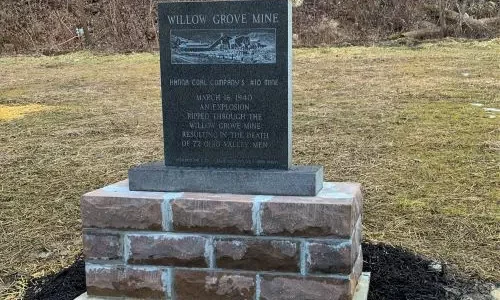
BELMONT COUNTY, Ohio (WTRF) — On March 16, 1940, 72 men lost their lives during the Willow Grove Mine explosion.
Today, many people gathered to honor the fallen men as well as the families that were affected by their loss.
In March 2020, a memorial stone and statue were installed in Willow Grove, as well as a bell that previously belonged to the Sacred Hearts Church.
The bell was said to have rung the day of the incident.
Michael Payton, District 31 Vice President, says that the memorial is all about honoring the men who died, and it’s important to never forget what happened.
“We know the risks but the reward to provide and take care of your family and provide for your community, that’s something that we’re really proud of that we can do.”
Michael Payton, District 31 Vice President
“If you kissed your husband goodbye that day or you told daddy ‘I’ll see you later’, or if your mom called you and you didn’t come back – all those people suffered. It wasn’t just 72 people; it was hundreds of people that suffered in this tragic loss.”
Ray Wright, 3rd generation coal miner and contributor to the memorial
Ray Wright says that the explosion has had a lasting effect in the community that has spanned decades. This memorial serves as a way to remember the fallen and reminds us of the dangers that miners face every day when entering the mines.


